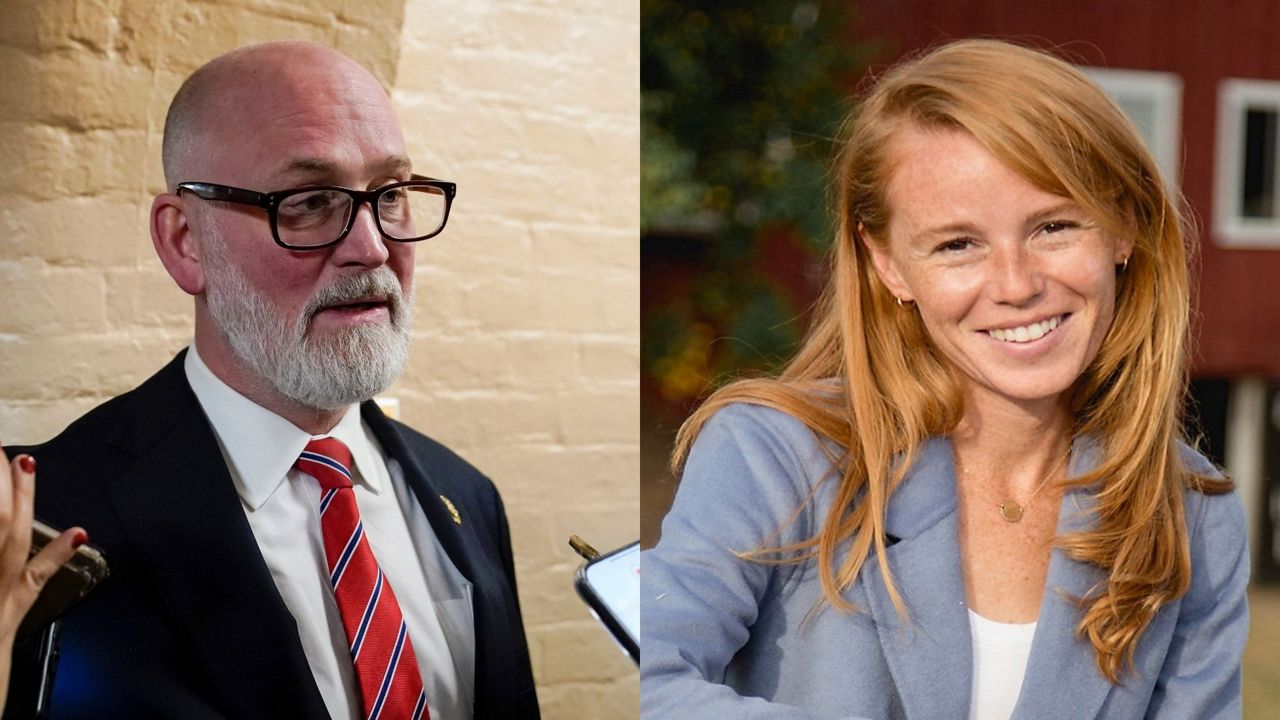PRAIRIE DU SAC, Wis. — A teacher from Taiwan has brought the district’s first Mandarin class to Sauk Prairie High School.
Mandarin is the second-most spoken language in the world. In high schools across the country, you won’t see as many students learning Mandarin as they are languages like Spanish, French and German. Some studies over the last 10-15 years have shown that’s changing.
Yu-Ting Lo is a teacher at Sauk Prairie High School this year. She’s teaching Mandarin with a more immersive focus. In that method, instead of memorizing words, teachers find ways to have discussions and experiences.
She has five students who chose to take Mandarin as an elective. One Tuesday, they each made food to share with their classmates and later learned how to describe that food in Mandarin. They also got to try food from Taiwan that Lo had ordered online.
This is the first time Lo has gotten to regularly use her English with native speakers.
“For the past 30 years, I’ve been learning this hard language,” she said. “But I don’t really have a chance to step on this island.”
She’s here for one year through a teacher exchange program. She felt an immediate culture shock between the two education systems.
“In Chinese culture, students, they’re quite a bit more reserved or shy. They don’t really raise their hands even though they know the answers,” Lo said. “I really enjoy teaching here because they are taking initiative.”
She feels the differences outside of school, too.
“Even people who walk on the street or passersby, they will say ‘hi’ to me,” Lo said. “I think, wow, that’s really amazing.”
When it’s time to go back to Taiwan, she said she already knows what new skills and perspective she’ll bring with her.
“Our culture is like, ‘you are not still good enough,’ or ‘you should fit in, fit into the whole group, the collective Chinese culture’. I think it’s good for students who learn here, because they will gain more confidence and they can express themselves, and it’s good for the development of character,” Lo said.
However, she sees ways that the American education system could benefit from some of the norms in Taiwan.
“In Taiwan, we like to solve the problems directly. We like the efficiency … we will talk about a topic, and then find a solution,” Lo said. “But here, it’s more open-ended. So everybody’s opinions are good, but sometimes there’s no conclusion.”
While her students are learning a new language, Lo is learning with them.
“From middle school, or high school or even elementary school, each moment’s learning with my students together,” she said.










